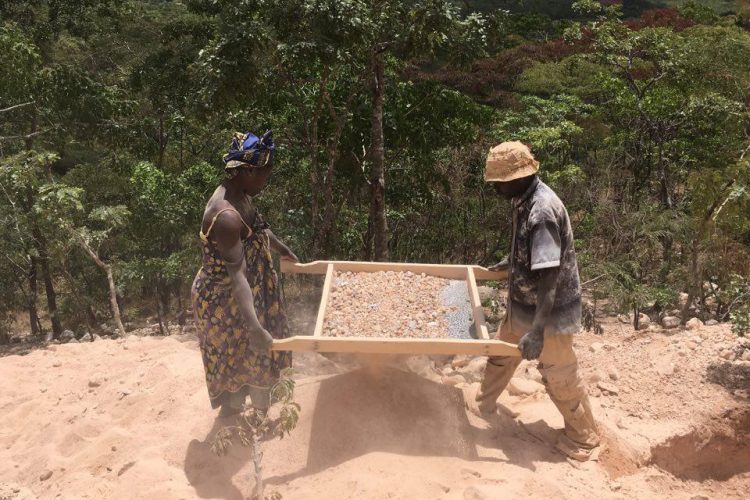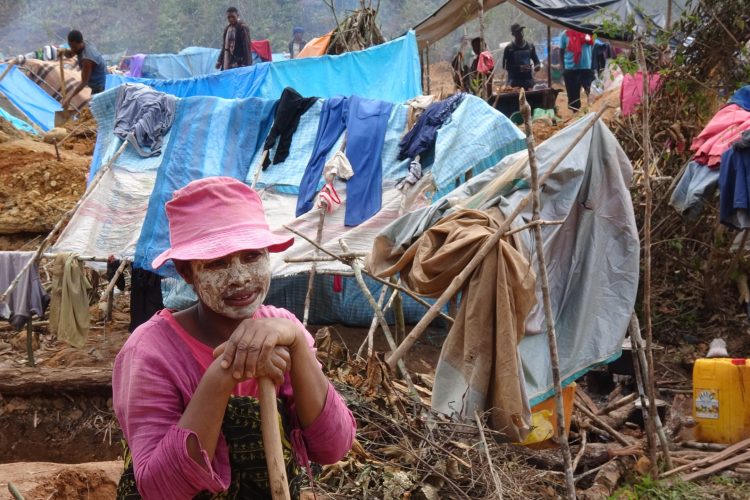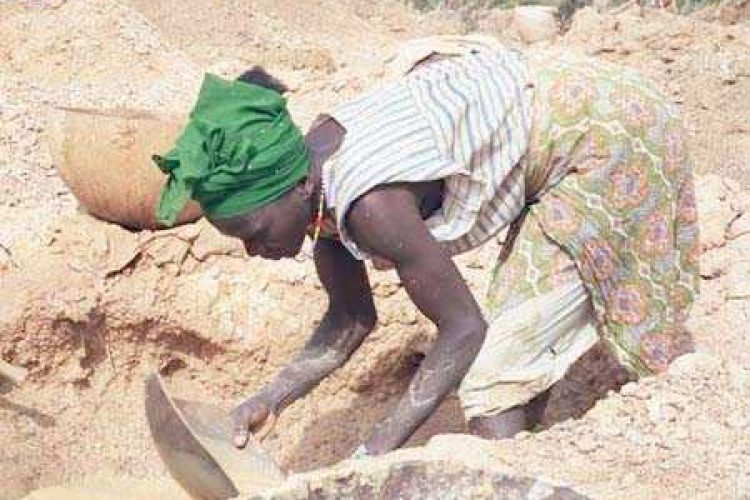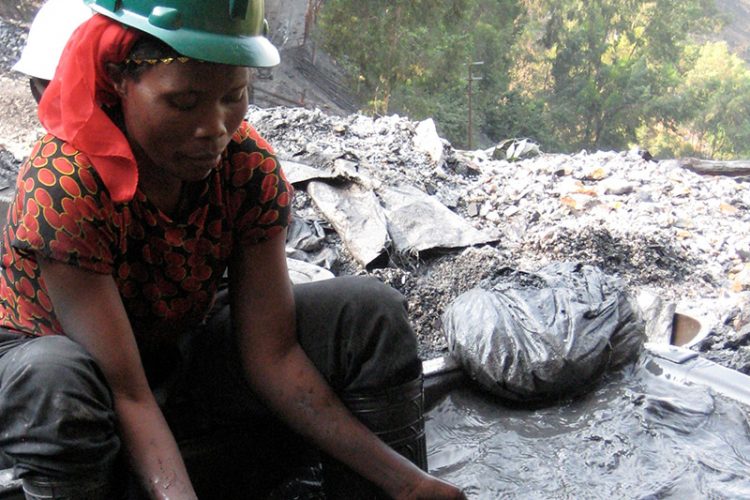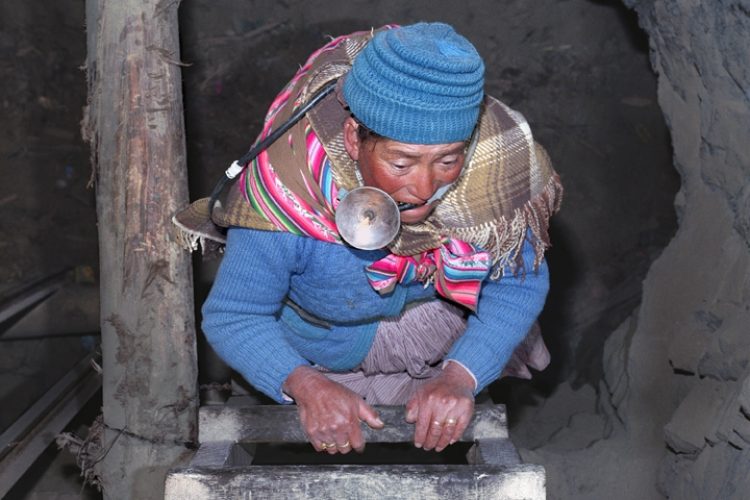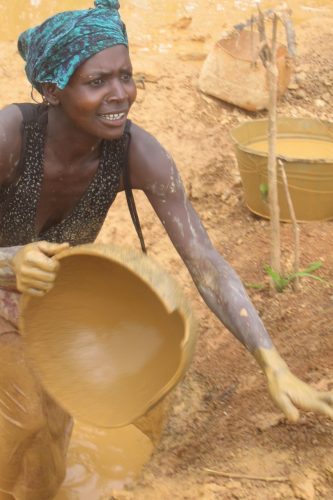Addressing specific challenges and realising empowerment opportunities in ASM
In many countries, women comprise 40 – 50% of the artisanal and small-scale mining (ASM) workforce, whereas they are estimated to comprise less than 10% of the workforce in industrial or large-scale mining (LSM).
Despite this essential role, they are largely confined to less well-paid activities such as carrying and processing ore by breaking rocks, renting pans, shovels and other simple equipment, selling refreshments and food, and panning or sieving for gold and diamonds. As in other sectors, studies have shown that income women earn from ASM is often used for household needs and to support their children through education, among other positive development impacts of their economic empowerment.
The participation rates of women in ASM decline as formalisation and mechanisation increase. Women experience particular challenges and gender-based discrimination in the acquisition of legal mineral titles and the running of ASM operations, often due to societal and cultural norms and perceptions. While ASM creates economic empowerment opportunities for women, it can also perpetuate inequalities and expose them to gender-based violence.
IWIM supports WIM organisations focused on ASM and aims to facilitate targeted development initiatives to assist ASM communities including women.
Access reports and other resources here

